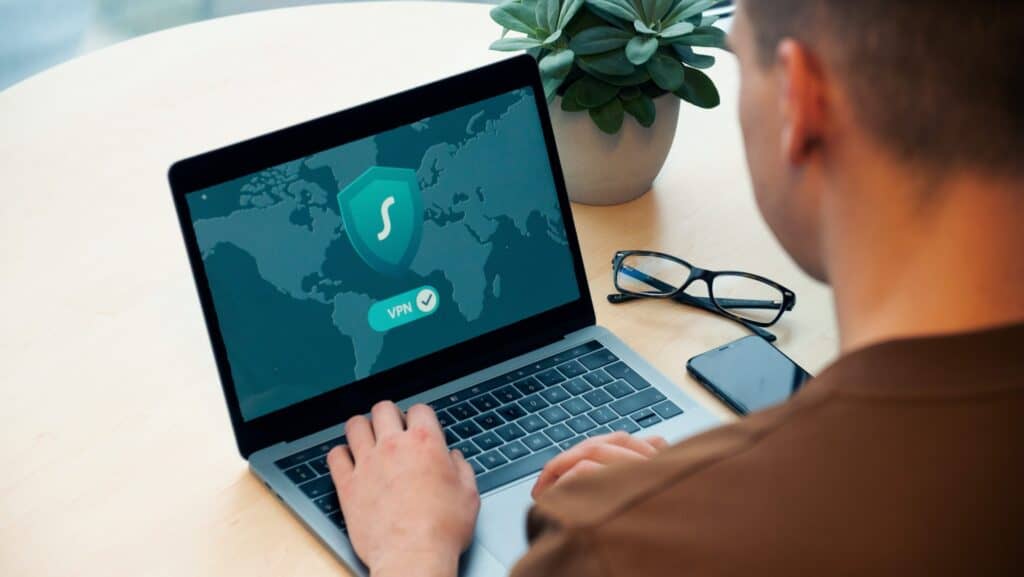As most organizations do, nonprofits rely heavily on technology to manage their operations and advance their missions. However, the increasing use of tech comes with the critical responsibility of protecting sensitive data.
We know data breaches, cyberattacks and more can have severe consequences, some of which damage donors’ trust and potentially lead to financial (and reputational) damage.
With that said, safeguarding your donor data is vital. By prioritizing and enacting robust data security practices, you can start bolstering your defenses. Let’s explore some essential nonprofit data security practices that help your nonprofit protect the information donors have trusted it with.
[Related: How Your Nonprofit Can Benefit From Managed IT Services]
Implement Secure Data Storage and Perform Regular Data Backups
Nonprofits should always store donor data in secure, encrypted databases. Use cloud-based services with strong security measures, such as two-factor authentication (2FA) and encryption protocols.
You should also regularly update and patch your software to address vulnerabilities that cybercriminals could exploit.
Additionally, frequent data backups are essential. If you happen to lose data due to an unforeseen event like a cyberattack or system failure, backups prevent you from being completely at a loss.
Routinely updating your systems is also important and should be managed by an IT professional to minimize disruptions to the environment. However, if you don’t have an IT firm like CMIT managing your updates, then automated updates are recommended to make sure you receive critical security updates.
Note. Routinely test your backup and recovery processes to ensure they’re effective. If you can’t or don’t know how to do it yourself, contact the IT services professionals at CMIT Solutions of Rochester to manage this complexity for you.
[Related: To Outsource IT or Hire In-House]
Enact Access Control, Permissions and Strong Password Policies
This practice is key to protecting everyday information as well as sensitive data. Limiting access to donor data to only staff who need it for their specific roles is a simple yet necessary security measure to take.
You can implement control measures to regulate who accesses data, then assign permissions accordingly. Afterward, regularly review and update permissions because staff roles (and rosters) often change as the organization evolves and changes.
Additionally, enforce strong password policies. When staff create passwords, tell them to devise highly complex and unique ones that no one can easily guess or generate. Password managers are extraordinarily helpful in this regard because they create and manage your secure passwords, as well as suggest changes after a set period.
[Related: Data: Protect From the Worst, Test for Peace of Mind, Manage Data Buildup]
Create Training, Awareness and Incident Response Plans
This practice is no less important than the tech-centric ones.
Educating your staff and volunteers is immeasurably important when it comes to data security — after all, they’re the people with access to donor data!
Providing training in areas such as how to recognize phishing attempts and maintaining password security truly helps your nonprofit’s donor data remain secure.
Knowledge about response plans is important, too. If operations go awry due to a data breach or other cybersecurity incident, staff must know what to do.
To fill gaps, develop a detailed incident response plan outlining the steps to take if your nonprofit suffers a security incident. Ensure all staff know the plan’s details and their roles and responsibilities according to it.
[Related: 5 Tips to Protect Personal Information and Business Data]
Use Encryption, Regular Security Audits and Assessments
Whether your data is in transit or at rest, it needs encryption measures. This practice applies especially to donor data, data transfers and online transactions.
Encryption creates unreadable information if cybercriminals intercept or steal any donor data (or data in general). They would need an encryption key to interpret it.
Your nonprofit should also perform routine security audits and risk assessments to identify vulnerabilities and potential threats. Enlist cybersecurity experts like CMIT Solutions of Rochester to thoroughly assess your systems and practices. At CMIT Solutions, we make it our top priority to instantly address any identified weaknesses.
[Related: New York Managed IT Services]
Contact CMIT Solutions of Rochester To Secure Your Nonprofit Donor Data
The ins and outs of cybersecurity can be difficult to digest. For example, not everyone knows about data protection protocols like the General Data Protection Regulation (GDPR) or the Health Insurance Portability and Accountability Act (HIPAA). Depending on your nonprofit’s focus, you may have to follow the GDPR or HIPAA, as well as the SHIELD Act.
When your nonprofit partners with CMIT Solutions of Rochester, we help your organization comply with any and all regulations when handling donor data. In addition to maintaining transparency and communicating openly with you, we handle your nonprofit donor data with the utmost care and confidentiality.
Focus on your mission, and let us take the reins on your donor data security — we specialize in working with nonprofit organizations. Contact us today, and we’ll discuss how we can protect your nonprofit!
Featured image via Unsplash




